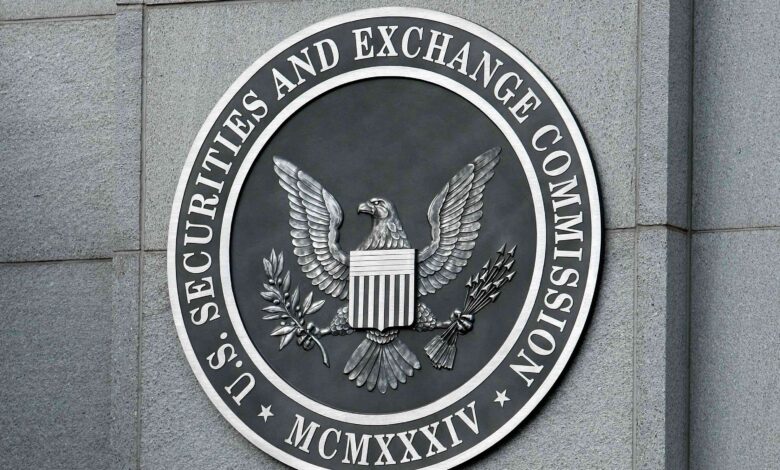SEC Issues New Regulations on AI Utilization to Address Broker Conflict of Interest

In a committee vote on July 26, the United States Securities and Exchange Commission (SEC) granted approval for a comprehensive set of changes to regulations pertaining to brokers’ utilization of “optimization functions.”
These changes aim to prevent brokers from benefiting from “optimization functions,” which are data analytics tools.
During an internal meeting broadcasted on the SEC’s official website, Chairman Gary Gensler advocated for these alterations. He made reference to a wide range of topics, expressing his disapproval of the color green and sharing his thoughts on romantic comedies.
According to Cointelegraph, the “covered technology” includes various elements such as analytical, technological, or computational functions, algorithms, models, correlation matrices, or similar methods.
The fact sheet highlights that using these covered technologies might lead to conflicts of interest during any interaction or communication with investors. This includes instances where brokers exercise discretion over an investor’s account, provide information to an investor, or solicit them for any purpose.
To justify the need for change, Gensler shared a childhood anecdote about how his mother used to dress him and his identical twin brother in different colors. He mentioned his personal aversion to the color green and openly revealed his fondness for romantic comedies. Through this story, he appeared to draw a parallel between his personal preferences, which could be deduced from predictive data analytics, and brokers using data to target and attract potential investors.
The proposal was approved with a 3-2 vote along party lines, with Commissioner Hester Peirce dissenting, along with fellow Republican Uyeda.
As it stands, the rule updates will only be applicable to cryptocurrency and digital assets transactions conducted through a broker-dealer registered with the SEC.
According to the SEC, no crypto asset entity is currently registered as a national securities exchange, such as the New York Stock Exchange or the Nasdaq Stock Market. Additionally, no existing national securities exchange currently facilitates the trading of crypto asset securities.
The next step involves publishing the updates in the Federal Register. Once published, citizens will have 60 days to submit comments before the committee holds the final vote.





